Tofu for Babies – When and How to Introduce?

Once your little munchkin starts reaching a stage where you need the transition from breast milk to solids (additional sources of nutrition), you may start looking for healthy food options. During this search, you may come across tofu. Tofu, which is mostly used in Asian cuisines, has now become a favourite food with many people around the world due to its versatility and nutritional benefits. It is packed with protein, calcium, and essential amino acids, making it a highly nutritious choice. However, can your baby benefit from this superfood? Is tofu good for babies, and when and how can you introduce it into your baby’s diet? Read on to find out the answers to your questions on tofu for babies!
What Is Tofu?
Tofu is soybean cheese, and it is made by coagulating soybean milk, the same way cottage cheese is prepared from milk. Tofu has high protein content, which makes it an ideal replacement of meat for those on a vegetarian diet. Tofu has emerged as a superfood for babies and young children, because of its many health benefits. Tofu is available in different flavours, texture and hardness. Following are the widely used varieties:
1. Firm or Hard Tofu
This kind of tofu has a hard texture like meat, and it is available in blocks, just like cottage cheese. It is mostly used in dishes with gravy or dishes that require good consistency for holding the dish together. You may use firm tofu for babies as a healthy snacking option.
2. Silken or Soft Tofu
This kind of tofu is softer, smoother, and has custard-like consistency. It is mostly used in sauces, desserts, smoothies, etc. You can also give silken tofu as baby food to your munchkin.
Can Babies Eat Tofu?
Yes, it is safe for babies and toddlers to consume tofu. However, you should be cautious of potential allergic reactions. Tofu is made from coagulated soy milk, which is a common food allergen. If a family member or the baby’s sibling has a soy allergy, it is best to consult a pediatrician before introducing tofu to your baby’s diet.
What Is the Right Time to Introduce Tofu to Babies?
Most babies have their first solid meal at around six months of age. If you wish to give tofu to your baby, you should wait until he is at least eight months old. Tofu has complex proteins, and babies may not be able to digest it at a younger age.
Nutritional Value of Tofu
Tofu is a nutrient-dense food packed with essential vitamins and minerals, making it an excellent addition to your baby’s diet. Here’s a look at the nutritional value of tofu. The table represents the approximate nutritional content available in ½ cup or 124 grams of tofu.
| Nutrient | Value |
| Water | 105 g |
| Energy | 94.2 kcal |
| Carbohydrates | 2.32 g |
| Protein | 10 g |
| Potassium | 150 g |
| Sodium | 8.68 mg |
| Total Fat | 5.93 g |
| Dietary Fibre | 0.372 g |
| Cholesterol | 0 mg |
| Calcium | 434 mg |
| Iron | 6.65 mg |
| Vitamin A | 105 IU |
| Magnesium | 37.2 mg |
| Phosphorus | 120 mg |
| Zinc | 0.992 mg |
| Copper | 0.239 mg |
| Manganese | 0.75 mg |
| Selenium | 11 µg |
| Folate | 186 µg |
What Are the Benefits of Tofu for Infants?
Tofu is a highly nutritious food that can be beneficial for infants. Here are some of the key benefits of including tofu in your baby’s diet:
1. Rich in Protein
Tofu is loaded with protein, which is essential for your baby’s growth and development. Protein helps in building muscles, repairing tissues, and producing enzymes and hormones. Including tofu in your baby’s diet can ensure they receive an adequate amount of this vital nutrient.
2. High in Iron
Iron is crucial for healthy blood formation and preventing anemia. Tofu is an excellent source of iron, which supports the development of your baby’s brain and immune system. Ensuring your baby gets enough iron is important for their overall health and well-being.
3. Good Source of Calcium
Calcium is necessary for strong bones and teeth. Tofu provides a good amount of calcium, which is vital for your baby’s skeletal development. Including calcium-rich foods like tofu in your baby’s diet can help in maintaining healthy bone density as they grow.
4. Soft Texture and Versatility
Tofu’s soft texture makes it a great option for your baby, as it is easy to chew and swallow. You can give it to your baby in many forms, such as mashed, pureed, or cut into small pieces. This versatility allows you to incorporate tofu into various meals, making it easier to introduce to your baby’s diet.
What Are the Side Effects of Tofu on Babies?
While tofu is generally safe and nutritious for babies, it is important to be aware of potential side effects. Monitoring your baby for any adverse reactions when introducing tofu is crucial to ensure their safety and well-being.
1. Allergic Reactions
Tofu is made from soybeans, a common allergen that can cause allergic reactions in some babies (1). Symptoms may include hives, swelling, difficulty breathing, and digestive issues. If your baby shows any signs of an allergic reaction, stop feeding them tofu and consult a pediatrician immediately.
2. Gastrointestinal Issues
Some babies may experience gastrointestinal problems such as gas, bloating, or diarrhea after consuming tofu. This can be due to the baby’s digestive system not being fully developed to handle soy products. If your baby has a sensitive stomach, introduce tofu in small amounts and observe their reaction.
3. Thyroid Function Interference
Tofu contains goitrogens, substances that can interfere with thyroid function (2). In large amounts, these can potentially disrupt the production of thyroid hormones, which are essential for growth and development. While moderate consumption is generally safe, it is best to avoid excessive amounts of tofu in your baby’s diet.
4. Hormonal Effects
Soy products like tofu contain phytoestrogens, plant compounds that mimic estrogen in the body (3). Some studies suggest that high consumption of soy products could affect hormone levels in young children. Although the evidence is not conclusive, it is advisable to feed tofu in moderation to minimize any potential hormonal impact.
How to Serve Tofu to Babies?
Tofu has complex proteins, and babies may not be able to digest it at a younger age. Here’s how you can serve tofu to your baby at different stages:
1. For 6+ Months
- Pureed or Mashed Tofu: Blend or mash tofu until it reaches a smooth consistency. You can mix it with breast milk, formula, or a familiar vegetable puree to create a gentle introduction to this new food.
- Silken Tofu in Soups: Incorporate small amounts of silken tofu into soups or broths. The tofu will easily blend in, providing a creamy texture without being overwhelming.
2. For 9+ Months
- Tofu Cubes: Cut tofu into small, bite-sized cubes that are easy for your baby to pick up and chew. These can be served as finger food or added to other dishes.
- Tofu Scramble: Make a soft tofu scramble by lightly cooking tofu with finely chopped vegetables. Ensure the pieces are small and soft enough for your baby to handle and chew.
3. For 12+ Months
- Tofu Stir-Fry: Lightly stir-fry tofu with a variety of soft vegetables. Cut everything into small, manageable pieces and avoid adding any strong seasonings or sauces.
- Tofu Patties or Nuggets: Create small tofu patties or nuggets that your baby can easily hold and eat. These can be baked or lightly pan-fried in a healthy oil.
- Mixed Meals: Incorporate tofu into your baby’s meals by mixing it with grains, such as rice or quinoa, and vegetables to create a balanced, nutritious dish.
How to Buy and Store Tofu?
Tofu can be easily procured from any supermarket, grocery or gourmet store in your locality. Usually, you may not be able to find baby-size servings of tofu. Therefore, you may be required to store the unused tofu. The unused tofu can be stored in a jar filled with water in the refrigerator for up to seven days. However, you must change the water of the jar on a daily basis. Fresh tofu renders a sweet and pleasant aroma, and if it smells sour or unpleasant, it may have gone bad or become stale. The best idea is to always taste tofu before serving it to kids or preparing a meal out of it. Its nutritional value entirely depends on its freshness.
Precautions to Take When Feeding Tofu to Your Babies
Feeding tofu to your baby can be beneficial, but it’s important to take certain precautions to ensure their safety and health. Here are some key points to keep in mind when introducing tofu to your baby’s diet (4):
1. Start with Small Amounts
Begin by offering small portions of tofu to monitor your baby’s reaction. This helps in identifying any potential allergies or sensitivities early on.
2. Check for Allergic Reactions
Since tofu is made from soy, a common allergen, keep an eye out for signs of an allergic reaction such as hives, swelling, or difficulty breathing. Consult your pediatrician if you suspect an allergy.
3. Introduce Tofu Gradually
Gradually increase the quantity of tofu in your baby’s diet. This allows their digestive system to adjust to the new food without overwhelming it.
4. Choose the Right Type of Tofu
Opt for organic and non-GMO tofu to avoid exposure to harmful pesticides and genetically modified organisms. Soft or silken tofu is usually best for babies due to its smoother texture.
5. Ensure Proper Storage
Store tofu properly to avoid contamination. Keep it refrigerated and adhere to the expiration date. Once opened, consume it within a few days to ensure freshness.
6. Monitor for Gastrointestinal Issues
Some babies may experience gas, bloating, or diarrhea after eating tofu. If you notice any of these symptoms, reduce the amount of tofu or temporarily stop feeding it and consult your pediatrician.
7. Balance with Other Nutrients
While tofu is nutritious, ensure it is part of a balanced diet that includes a variety of other foods. This ensures your baby gets a wide range of essential nutrients.
Tofu Recipes for Babies
1. Tofu and Fruit Smoothie
You can add a healthy twist to a usual fruit smoothie recipe by adding some tofu to it. This is a great way of feeding tofu puree to your baby.
Ingredients
- 1 ripe banana
- 1 ripe mango
- ½ cup tofu (use silken tofu for this recipe)
How to Prepare
- Peel the mango and cut it into small pieces.
- Peel the banana and slice it.
- Put the fruits and tofu in the blender and churn them.
- You may add more tofu as per the required consistency.
- Feed this smoothie with a spoon to your baby.
2. Tofu and Tomato Soup
This is one the most nutritious tofu snacks for babies that you can make in a jiffy.
Ingredients
- 1 medium sized tomato, chopped
- 1 small onion, finely chopped
- 1 teaspoon olive oil
- 2/3 cup soft or silken tofu
- ½ cup soy milk
- Few fresh basil leaves
How to Prepare
- Heat oil in a flat pan.
- Add chopped onions and sauté till they turn golden brown.
- Add chopped tomatoes and basil leaves; cook until they turn mushy and tender.
- Pour the soy milk and cook it with the rest of the mixture for a few minutes.
- Remove from heat and mix silken tofu into the mixture.
- Puree the mixture after cooling down by churning it in the blender.
3. Tofu and Vegetable Pasta
This scrambled tofu recipe for babies is not only highly nutritious, but also delicious. However, make sure your baby is old enough to be able to chew.
Ingredients
- 1 small onion, chopped
- ½ green bell pepper, deseeded and finely chopped
- ¾ cup tomato puree
- 1 cup whole wheat pasta (any shape)
- Few basil leaves
- 1 teaspoon olive oil
How to Prepare
- Boil pasta and keep aside.
- Take a saucepan, heat oil in it.
- Saute onions until they turn translucent.
- Now, add peppers and cook for a few minutes.
- Add crumbled tofu and keep cooking it on medium heat. If there is any excess water, you may remove it.
- Add tomato puree and basil, add cook for 3 to 4 minutes.
- Add pasta and mix well. Serve this warm.
4. Red Bell Pepper and Tofu Soup
This yummy soup can be served warm as well as cold.
Ingredients
- ¼ cup soft or silken tofu
- 1 medium-sized red bell pepper
- 1 cup water
- ¼ teaspoon black pepper, freshly ground
How to Prepare
- De-seed the bell peppers and grill them for a few minutes or until tender.
- Place them in a poly bag for a few minutes for the skin to become loose. Remove the skin.
- Churn the bell pepper in the blender into a smooth puree.
- Take a pan, put puree and water, and cook for a few minutes.
- Add tofu, mix well, and cook until all the ingredients form a single consistency.
- Add pepper and serve.
5. Cracker Coated Tofu Fingers
This super easy and super quick recipe may become your baby’s instant favourite.
Ingredients
- 1 cup tofu
- 6 to 7 crackers (Graham crackers work best, but you may use any cracker or your choice)
How to Prepare
- Cut tofu into cubes or long fingers.
- Take the crackers and put them in a zip lock bag, and gently crush them using a roller pin.
- Empty the contents in a plate and roll the tofu chunks nicely into the cracker mixture.
You may improvise the above-mentioned recipes as per the taste and preference of your baby. You can also add tofu to Indian parathas by easily mashing it, seasoning it with salt and pepper, and stuffing it into the paratha dough before rolling and roasting.
If you are not sure about using a particular ingredient, discuss it with your baby’s paediatrician.
How to Prepare Tofu for Baby-Led Weaning?
Preparing tofu for BLW involves making sure it is cut into appropriate sizes and cooked in a way that suits your baby’s developmental stage. Here’s how to cook tofu for baby at different stages:
1. 6+ Months Old
For babies around 6 months, you can:
- Puree: Blend tofu into a smooth consistency.
- Mash and Mix: Mash tofu and mix it into other foods like oatmeal, quinoa baby cereal, lentils, mashed avocado, or hummus, or preload it onto a spoon.
- Serve in Strips: Offer tofu as large strips that your baby can hold and explore.
2. 9+ Months Old
By 9 months, as your baby refines their pincer grasp and can pick up small food pieces with their thumb and finger, you can:
- Cut into Small Pieces: Chop tofu into small, bite-sized pieces that are manageable for your baby to pick up.
- Continue Larger Pieces: Keep offering larger pieces as well so your baby can practice biting and chewing.
Additionally, this is a great time to introduce mixed foods frequently, as babies are more open to trying and accepting new flavors and textures. If your child hasn’t yet experienced mixed foods, it might be more challenging to introduce them as they get older.
FAQs
1. Should you give frozen tofu to your baby?
Ideally, tofu should be consumed within a week after you have opened the packet and stored under refrigeration. But, if you wish to store it in a freezer, you may do so by keeping it in a zip-lock bag. It may change its appearance and texture, and thus it may turn spongy and darker. However, you may give frozen tofu to your baby. But, it is always preferable to serve fresh tofu, and avoid it frozen.
2. Can tofu be a choking hazard for babies?
Tofu is generally soft and easy to chew, but it can still pose a choking risk if not prepared correctly. For younger babies, ensure tofu is cut into small, manageable pieces or pureed to reduce the risk. Always supervise your baby while eating and consult with your pediatrician if you have concerns about choking hazards.
3. Is it necessary to use organic tofu for babies?
While organic tofu may be preferable to avoid potential exposure to pesticides and GMOs, it is not strictly necessary. The most important aspect is to ensure tofu is fresh, properly prepared, and served in an age-appropriate manner. If organic options are not available, regular tofu can still be a healthy part of your baby’s diet.
Sometimes, babies may be allergic to soy and soy products. Therefore, if your baby is allergic to such products, you should be careful that you do not give any food that may contain soy products in it.
References/Resources:
1. Soy; American College of Allergy, Asthma & Immunology; https://acaai.org/allergies/allergic-conditions/food/soy/
2. Messina. M, Redmond. G; Effects of soy protein and soybean isoflavones on thyroid function in healthy adults and hypothyroid patients: a review of the relevant literature (Thyroid); National Library of Medicine; https://pubmed.ncbi.nlm.nih.gov/16571087/; March 2006
3. Straight Talk About Soy; The Nutrition Source: Harvard T.H. Chan; https://nutritionsource.hsph.harvard.edu/soy/
4. When, What, and How to Introduce Solid Foods; CDC Nutrition; https://www.cdc.gov/nutrition/infantandtoddlernutrition/foods-and-drinks/when-to-introduce-solid-foods.html
5. Messina. M, Rogero. M, Fisberg. M, Watzberg. D; Health impact of childhood and adolescent soy consumption (Nutrition Reviews); National Library of Medicine; https://pubmed.ncbi.nlm.nih.gov/28838083/; July 2017
6. Tofu; Solid Starts; https://solidstarts.com/foods/tofu/
7. Tofu, raw, regular, prepared with calcium sulfate; Food Data Central; U.S. Department of Agriculture; https://fdc.nal.usda.gov/fdc-app.html#/food-details/172476/nutrients
Also Read:
Cheese for Infants
Dairy Products for Babies
Greek Yogurt for Infant
Introducing Paneer to Babies
Was This Article Helpful?
Parenting is a huge responsibility, for you as a caregiver, but also for us as a parenting content platform. We understand that and take our responsibility of creating credible content seriously. FirstCry Parenting articles are written and published only after extensive research using factually sound references to deliver quality content that is accurate, validated by experts, and completely reliable. To understand how we go about creating content that is credible, read our editorial policy here.






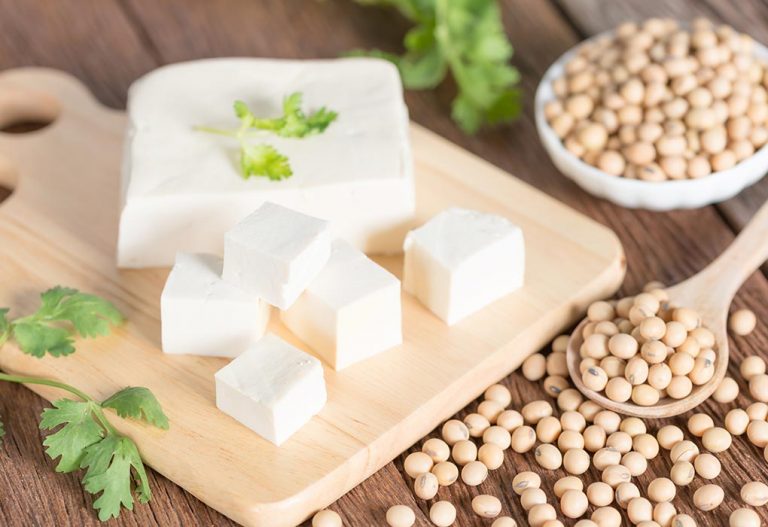
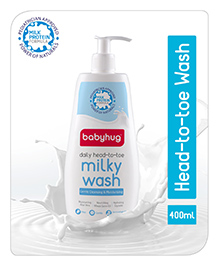
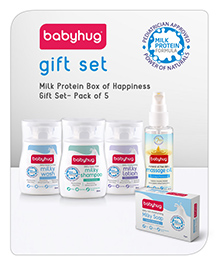


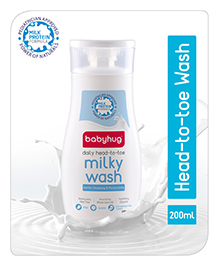


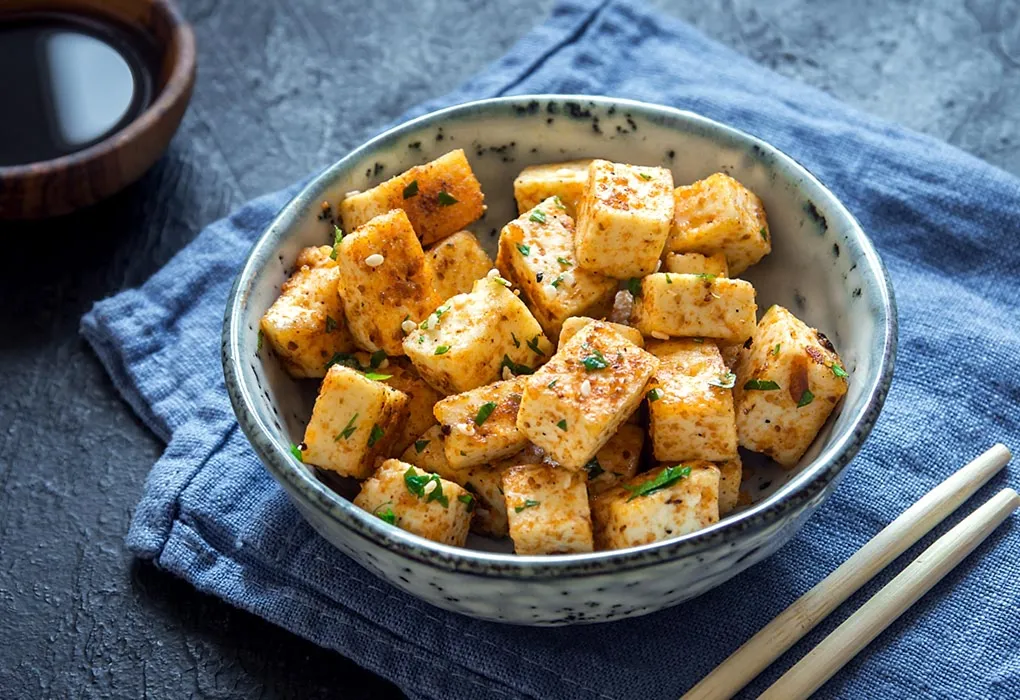
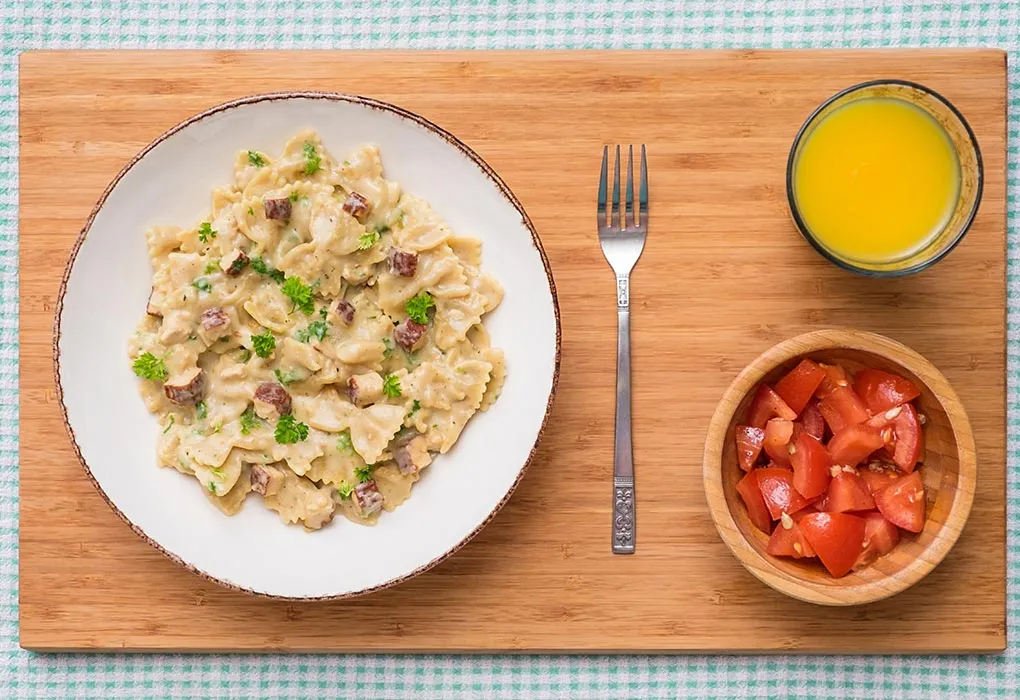


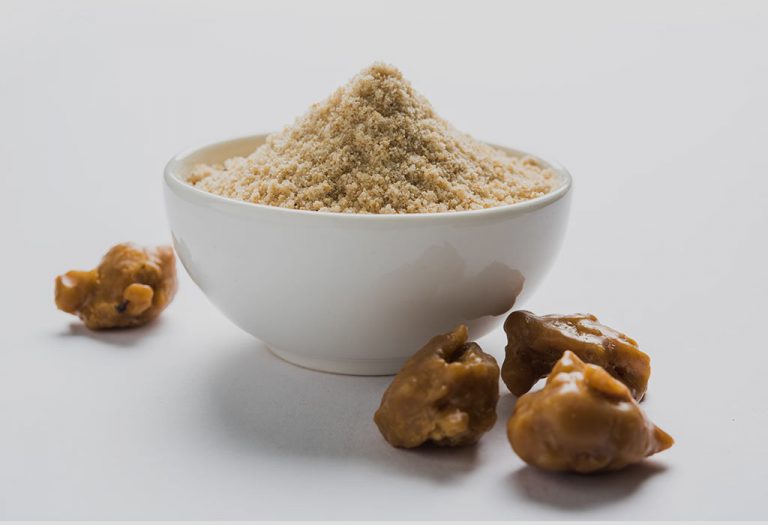
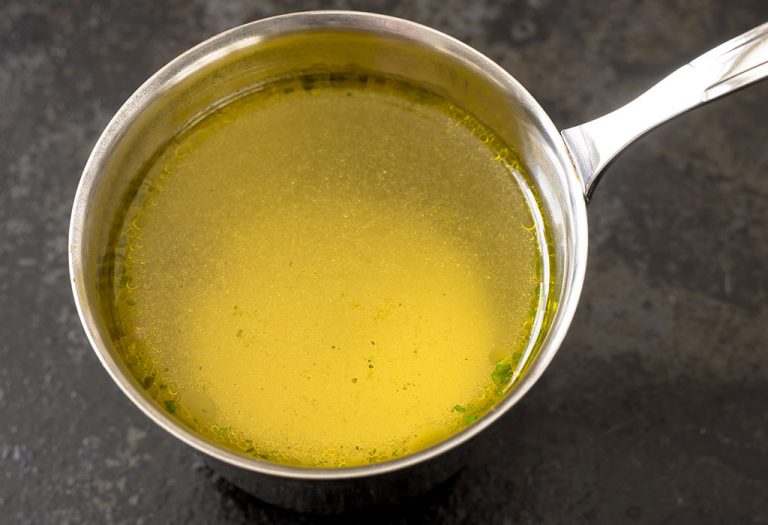
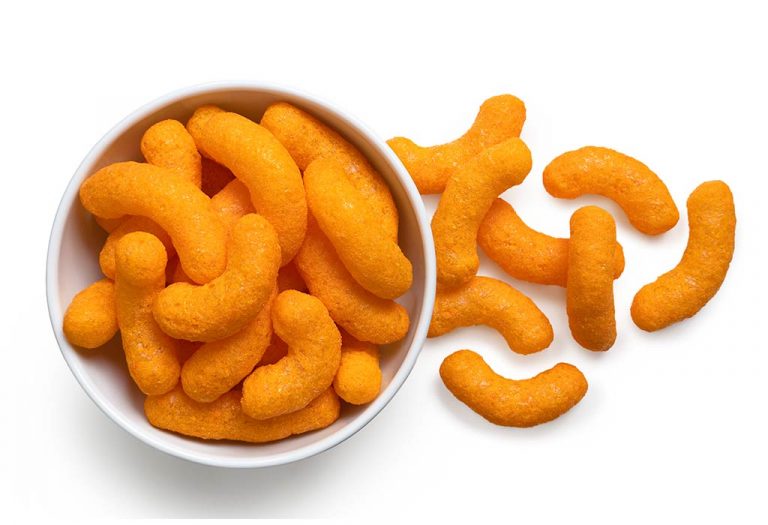


.svg)


















